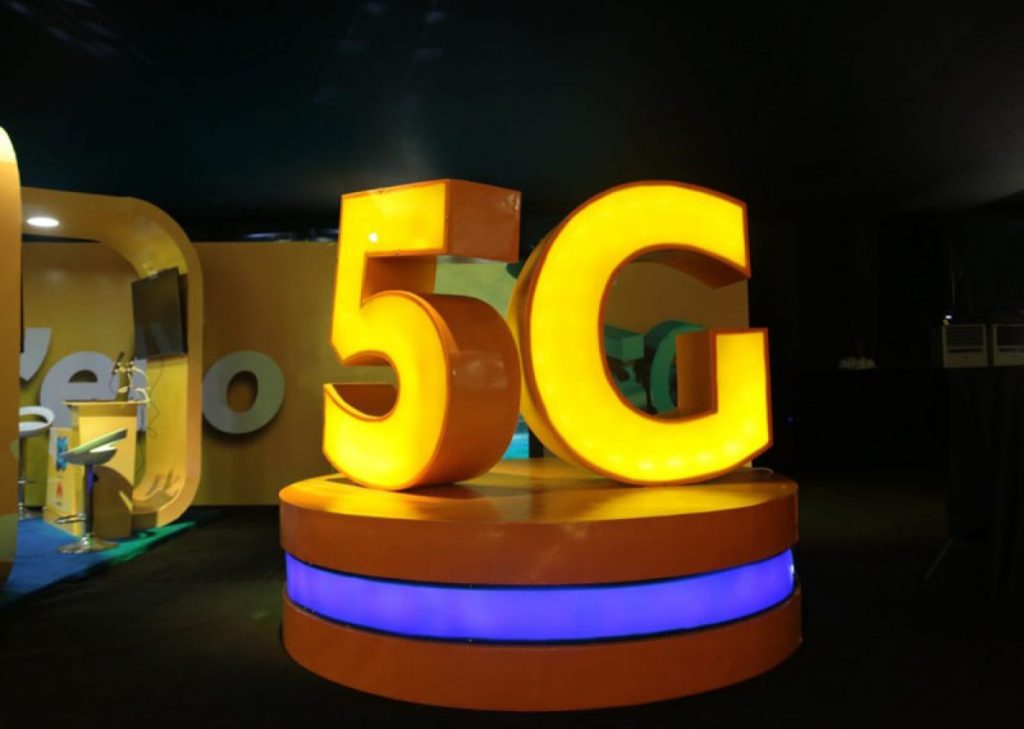MTN has launched its commercial 5G services in several cities across South Africa. The network, which shall be accessed from 100 sites, makes South Africa the first of the telecom group’s 22 markets to launch the next-generation broadband tech.
MTN will use the emergency spectrum allocated by the SA government in April 2020; from which the telco obtained 40MHz in the 700MHz/800MHz bands, 50MHz in the 2600MHz band and 50MHz in the 3500MHz band.
The company will deliver 5G connectivity on four different spectrum bands. These are:
3.5GHz at 58 sites in Johannesburg, Cape Town and Bloemfontein, offering both faster speeds and low latencies.
2.1GHz and 1.8GHz at 35 sites in Johannesburg and Port Elizabeth, for easier migration of network technology from LTE to 5G. These should also allow the telco to deploy 5G using existing spectrum assets in the absence of additional high-demand spectrum.
700MHz at 5 sites in Port Alfred, Hopetown, Virginia, Queenstown and Tsantsabane, ideal for use for urban indoor settings, for small towns and rural coverage due to the low-band frequency propagation.
28GHz at 3 sites in Hatfield (Pretoria), Edenvale and Durban, ideal for fixed-wireless 5G connectivity.
The connection shall be packaged in form of 5G Home Wi-fi, a home-connected plug and play solution connects Wi-Fi-enabled devices. This has an average speed of 100Mbps as well as a maximum speed of up to 500Mbps. The other plan is 5G mobile where you enjoy fast connectivity at home or on the go. It has an average speed of 50Mbps and a maximum speed of up to 500Mbps.
The company believes launching 5G will accomplish digital transformation and will ensure high quality, increased capacity, and greater reliability for customers. MTN will offer three 5G-enabled smartphones to work effectively with the network. These are: the Huawei P40 Pro, the Huawei P40 and the LG Velvet 5G. The telco has also listed prices of the various 5G plans available after launch.
Vodacom South Africa launched a commercial 5G network in May, though this has limited coverage. Rain was the first operator in South Africa to deploy 5G commercially, but it uses the technology for fixed-wireless applications rather than mobile.

